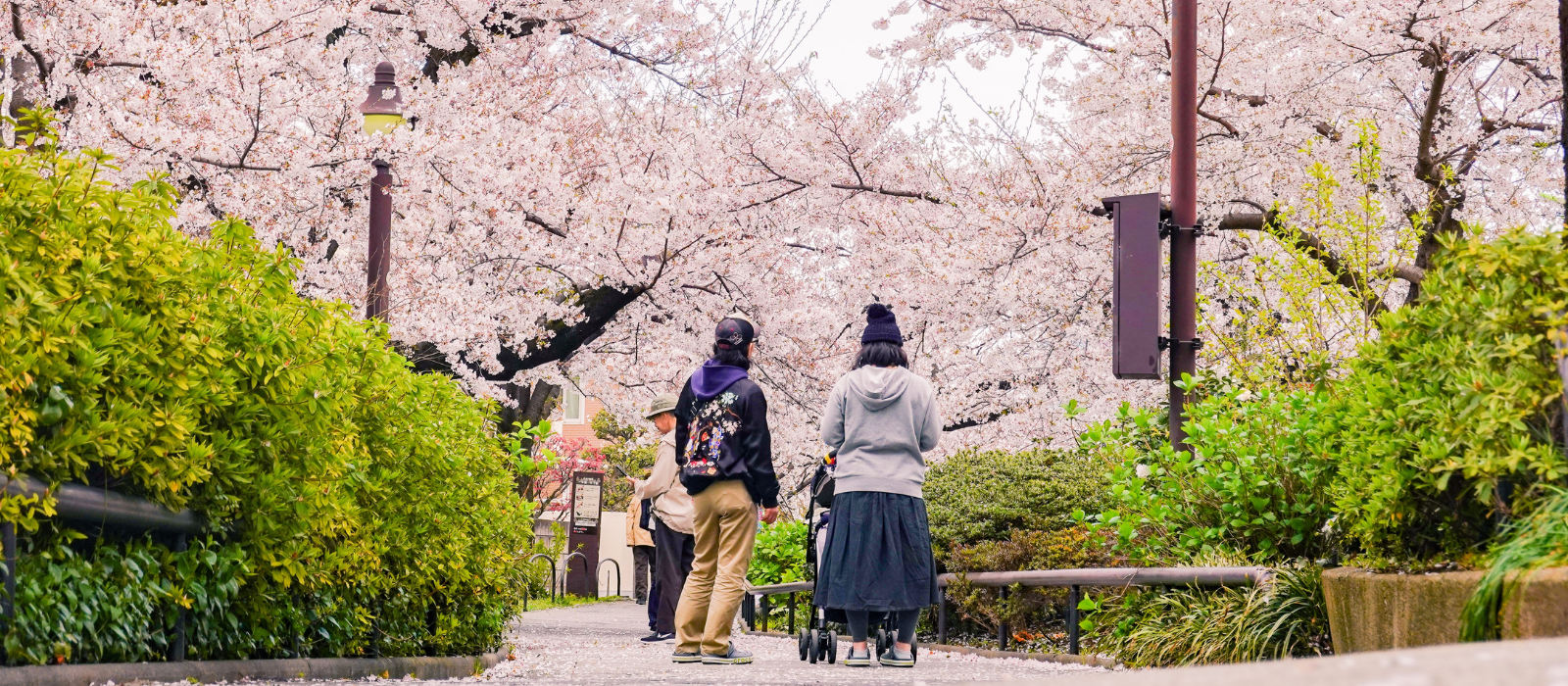OUR TEAM
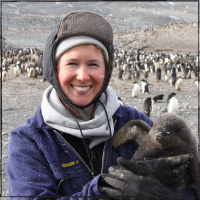 Rachel Buxton, Principal Investigator
Rachel Buxton, Principal Investigator
Dr. Buxton has expertise in biodiversity conservation and the link between nature, health, and well-being. She works with groups of practitioners, decision-makers, Indigenous peoples, and stakeholders to ensure her research is applicable to support conservation policy and practice. In drawing from her experiences as a research scientist, mom, life-long learner, teacher, mentor, and community member, she is committed to making a difference for biodiversity conservation and environmental justice. Please visit Dr. Buxton’s website to learn more.
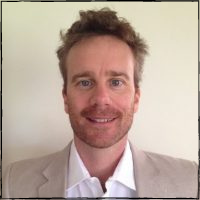 Joe Bennett, Co-Principal Investigator
Joe Bennett, Co-Principal Investigator
Dr. Bennett’s research centres around conservation decisions, applied mathematics and environmental policy, with an emphasis on land protection, endangered species recovery and invasive species management. He incorporates multiple considerations into conservation planning and works directly with practitioners to achieve solutions. Dr. Bennett has worked directly with government departments, First Nations, Indigenous governments, and environmental non-governmental organizations. Please visit Dr. Bennett’s website to learn more.
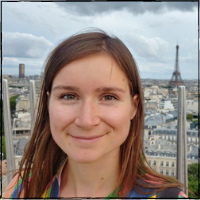 Emma Hudgins
Emma Hudgins
Dr. Hudgins uses computational methods to study the ecology, impacts, and management of invasive species at large scales. She has studied invasive forest pest dispersal and establishment, urban tree distributions and pest-related tree mortality. Dr. Hudgins uses this information to project economic losses due to forest pests in urban areas. Currently, she is developing general rules of thumb for the best invasive management strategies. Please visit Dr. Hudgins’ website to learn more.
 Steven Cooke
Steven Cooke
Dr. Cooke’s research has spanned the natural and social sciences with a focus on understanding and solving complex conservation problems. As founding Director of the Canadian Centre for Evidence-Based Conservation Dr. Cooke has expertise in evidence synthesis to support evidence-based decision-making. Most recently, his research has examined the links between humans and the environment in developing solutions. Please visit Dr. Cooke’s website to learn more.
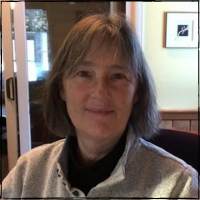 Kim Matheson
Kim Matheson
Dr. Matheson’s research addresses cultural identity, collective and individual coping and resilience, and outcomes reflecting well-being, social justice, and behavioural and social change. She is the Project Director of a program that supports fly-in First Nations communities in enabling their youth to flourish. Dr. Matheson embraces a One Health approach to understanding the connections between the health of humans, the environment, and animals. Please visit Dr. Matheson’s website to learn more.
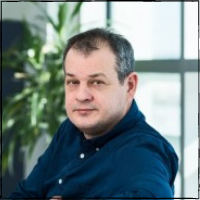 Paul Villeneuve
Paul Villeneuve
Dr. Villeneuve is an epidemiologist and biostatistician with research interests in the fields of environmental and occupational health. He has studied the role that environmental exposures from the built environment has in causing chronic diseases. He also has expertise on the health benefits associated with urban greenness such as lower rates of mortality and increased physical activity. Most recently, he and fellow team member Dr. Buxton, have been collaborating to bring together data on biodiversity and mental health in Canadian cities. Please visit Dr. Villeneuve’s website to learn more.
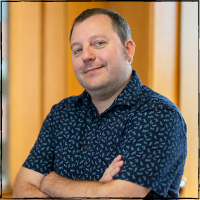 John Zelenski
John Zelenski
As a researcher and Director of Carleton University’s Happiness Laboratory (CUHL), Dr. Zelenski studies individual differences in happiness and how personality manifests itself ‘in the moment’ as emotional and cognitive processes. His research has focused on the causes and consequences of social behaviour, the links between nature, happiness, and sustainable behaviour, and methods for improving research practices. Currently, he is exploring whether pro-environmental behaviours can prompt positive emotions and feelings of connection with nature. Please visit Dr. Zelenski’s website to learn more.
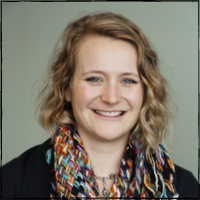 Tanya Halsall
Tanya Halsall
Dr. Halsall’s primary research areas are in youth development, evaluation and health promotion. She has led community engagement projects and collaborative research to support equitable health promotion. Dr. Halsall is currently organizing a research partnership to capture pandemic experiences in outdoor learning and applying lessons learned to support equitable access. She has also partnered with Outdoor Play Canada to identify nature-based interventions and opportunities for scaling. Please visit Dr. Halsall’s website to learn more.
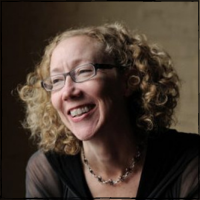 Catherine Bonier
Catherine Bonier
Dr. Bonier’s research spans from historical analysis to futuristic visions, and centres on the shaping of the built environment. Her current work considers design’s role in fostering the intertwined desires for resistance, resilience, and delight. She is co-founder and co-Director of the Carleton Urban Research Lab, which is engaged in collaborative interdisciplinary research, teaching, and design centred on water, cities, and equity. Please visit Dr. Bonier’s website to learn more.
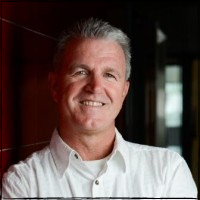 Christopher Stoney
Christopher Stoney
Dr. Stoney’s research focuses on infrastructure, policy, sustainability, and urban planning that includes a community engagement perspective. He advises Infrastructure Canada, a department of the federal government, on urban and environmental issues with respect to ‘green’ infrastructure and the need to build liveable cities that are healthy, inclusive and resilient. His current work builds on his 2015 book “Green Lite” that provided a critique of city planning and federal policies aimed at sustainable development. Please visit Dr. Stoney’s website to learn more.
